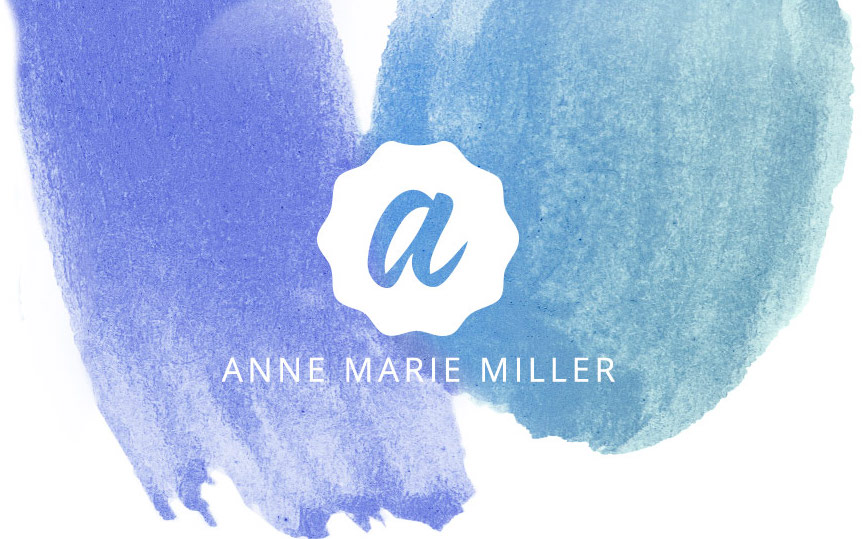Since beginning blogging in 2005, I shared my struggles with anxiety, depression…and then what was believed to be a mild version of Bipolar II.
Except for the anxiety, nobody could ever – with confidence – say I had depression or Bipolar II. There’s no blood test to find out; instead, I tried almost every medicine known to treat them…to no avail. After six years of trying, I was about ready to give up.
That’s when my marriage ended.
I thought the depressive symptoms I showed took me to rock bottom. That was before I met Grief.
Grief was a relentless monster taunting me to end my life. Friends intervened and I went into an inpatient counseling center in Arizona.
A little over a year ago, I found myself in the darkest time of my life. My marriage had ended. There were days I couldn’t leave my house. Days I hurt myself. Days I didn’t eat. Or sleep. Or care. I wanted to die. I saw no purpose in life.
The only thing I (barely) had strength to do was ask. I needed help, and I knew it. Because of the generosity and insight of my friends, I was able to receive intensive counseling at an inpatient facility in the southwest. Walking in, I thought it was my last chance. Nothing had pulled me out of the blackness that consumed me and the poisonous lies that poured death into my every thought. It seemed like nothing could save me. No person. No bible verse. No career achievements. No amount of money. No church. Nothing.
After a day of testing, biofeedback, brain scans, intake interviews, and full body checks to make sure I wasn’t carrying anything I could hurt myself with, I met with the psychiatrist who was in charge of my treatment. He showed me my intake test results showing I had literally maxed out the text on issues of anxiety and depression.
“How long have you been anxious?”
“Since I was in high school.”
“And depressed?”
“Probably since 2004 or 2005.”
What he said next shocked me. “Your anxiety’s well managed and I think you’re in a good spot with that,” (I agreed.) “However, you’re not depressed.”
I looked down at the test results in front of me with a graph that represented I was 105 out of 105 on their scale.
“But this says I’m pretty much as depressed as anyone could possibly be measured.”
“It’s not depression.”
I was too tired, too sad, too apathetic to argue.
“What you’ve been suffering from in the last six years, and what’s put you over the edge now is grief.” He went through a timeline of events in my life and showed me where I had not processed things I should have naturally grieved. When my marriage ended, I shut down. I gave up.
Instead of my body having a chemical imbalance, I never learned how to grieve.
So much made sense. I lost so many friends and family members but their deaths never felt like much to me. I thought I was strong. Instead, I learned I was on auto-pilot to numb any kind of loss. We traced it back to when I was sixteen and a youth pastor ten years my senior “loved” me for six months. I lost so much of myself to him that I shut down.
For me, to grieve meant to become numb.
Grief is a natural part of our response to loss, and though it’s innate, we still have to be taught, especially if we experience loss at a young age. At 30 years old, I finally started learning.
I grieved the things I lost when I was a child. I grieved experiences that should have never happened and those that should have but didn’t. I grieved misaligned relationships, people who died, and finally, the unexpected death of my marriage.
Learning to grieve isn’t a defined process. Sure, there are steps and ways grief is expressed, but almost three years later, I am still unearthing what it means.
Now, it makes sense why no antidepressant or mood stabilizer ever “worked” on me and generally, only made my symptoms worse. I didn’t have a chemical imbalance. My heart was blocked up by years and years of unprocessed grief and that can have a very real and very traumatic effect on our physical and emotional health.
In January 2012, after a long year of intentionally surrendering my grief, I wrote this:
Does grief still exist? Yes. Regret? Yes. Sadness? Yes. Confusion? Yes. Fear? Yes.
Yes, yes, yes.
Hope walks around these broken places in my heart and gently touches each one, reminding me of their purpose.
There is hope for all of us. It may be far, far away from you right now. Please take comfort in knowing it is there. And when the time is right and it drowns you in every rich drop, your life will completely change. From someone who has been to the valley of death and has returned with an abundance of undeserved life, there is hope.
May we journey together in these things so those who are weighed down with whatever their burdens are can find strength with God and through community, and those who are strong can help carry the wounded.
